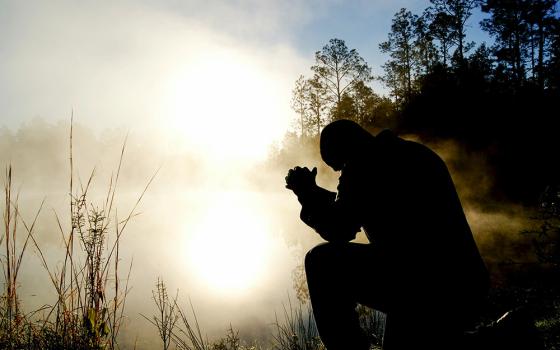On this day in 1732, George Washington was born to Augustine and Mary Ball Washington at Wakefield Farm, Westmoreland County, Virginia.
A very happy birthday to the Father of our Country!
King George III, against whose tyranny George Washington led a Revolution, called Washington "the greatest character of the age".
In 1860, George III's great-grandson, Prince Albert Edward of Wales, the future King Edward VII, visited North America. The eighteen-year-old prince spent three days with President James Buchanan at the White House. On October 5, they visited Mount Vernon, where Prince Edward stood uncovered before the tomb of George Washington.
Click here to see a picture of the scene.
To read a contemporary account of the visit and a depressing description of the "ruinous decay" which had overtaken Mount Vernon in the sixty-one years since Washington's death, see The Prince of Wales in Canada and the United States, by Nicholas A. Woods, "The Times" Special Correspondent, London, 1861, pp. 345-355. Search term: Mount Vernon.
Woods describes the family of slaves who "almost lurk" in the "deserted mansion" and how "sulkily" one of them "points out with a monotonous drawl of habit the old armchair in which Washington used to sit near the door".
The same family was the subject of an op-ed piece in the New York Times yesterday, "Rebranding Mount Vernon," by Scott Casper, author of Sarah Johnson's Mount Vernon: The Forgotten History of an American Shrine, Hill and Wang, 2009.
"The estate was governed by the Mount Vernon Ladies’ Association of the Union, but much of the daily work was performed by African-Americans who had been owned by Washington’s descendants. They guarded the premises, sold souvenirs and refreshments and spoke with visitors about bygone days."
"A few miles off the historic grounds, the black employees of Mount Vernon sent their children to public school, attended a new church and shopped for staples in town. And they saved their earnings to purchase land of their own: when Johnson left Mount Vernon in 1892, she owned four acres just up the road.
"Washington probably would have appreciated the sight of freed slaves pursuing their own goals on his estate. As an innovative farmer and astute observer of human nature, he had no wish to make Mount Vernon a shrine to a bygone past. He might instead have challenged white tourists to question why, in an era of supposed racial equality, its black employees felt the need to mask their life stories and aspirations behind a veil of old-style servitude."


